
Researchers from Germany have simulated ancient environment in a vial, and found that archaic life forms that live in the deep sea today can thrive under these primordial conditions.
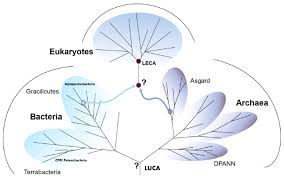
An international collaboration has published groundbreaking research, shedding light on the most significant increase in complexity in the history of life's evolution on Earth: the origin of the eukaryotic cell.

Japanese researchers have made a compelling case that Earth’s oceans were once green, in a study published in Nature.

Researchers say the 3.47-billion-year-old meteorite impact crater could help explain how life on Earth began.
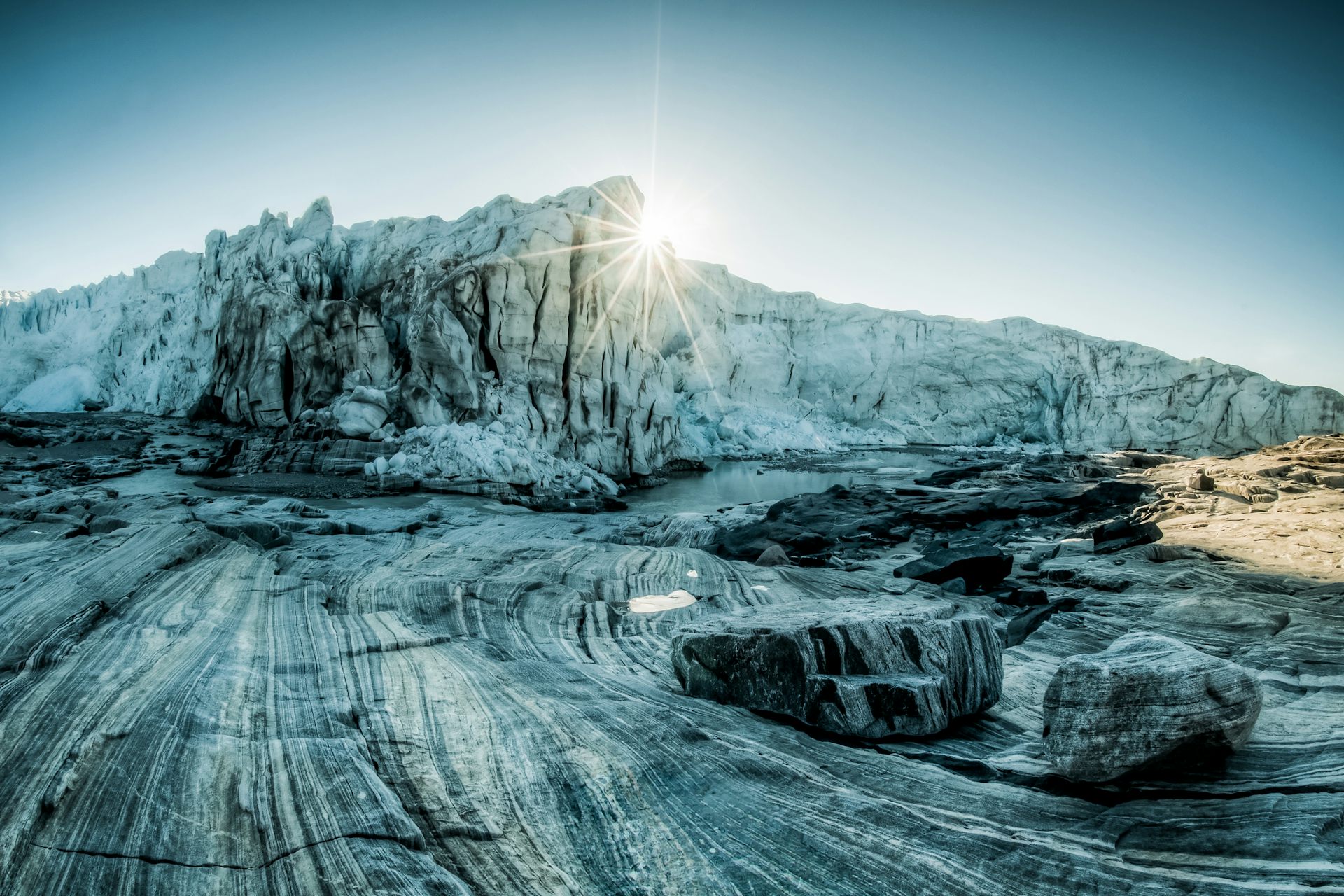
Hundreds of millions of years ago, rocks crushed under kilometres of ice injected vital nutrients into Earth's oceans.
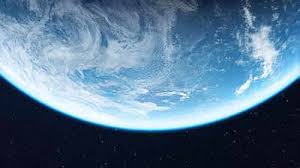
Scientist have concluded water did not arrive as early during Earth's formation as previously thought.
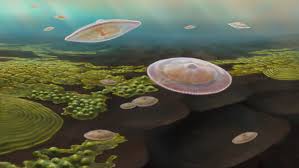
Fossilized skeletons and shells clearly show how evolution and extinction unfolded over the past half a billion years, but a new analysis extends the chart of life to nearly 2 billion years ago.

Life on Earth may have developed the ability to form embryos even before it grew the very first animals.
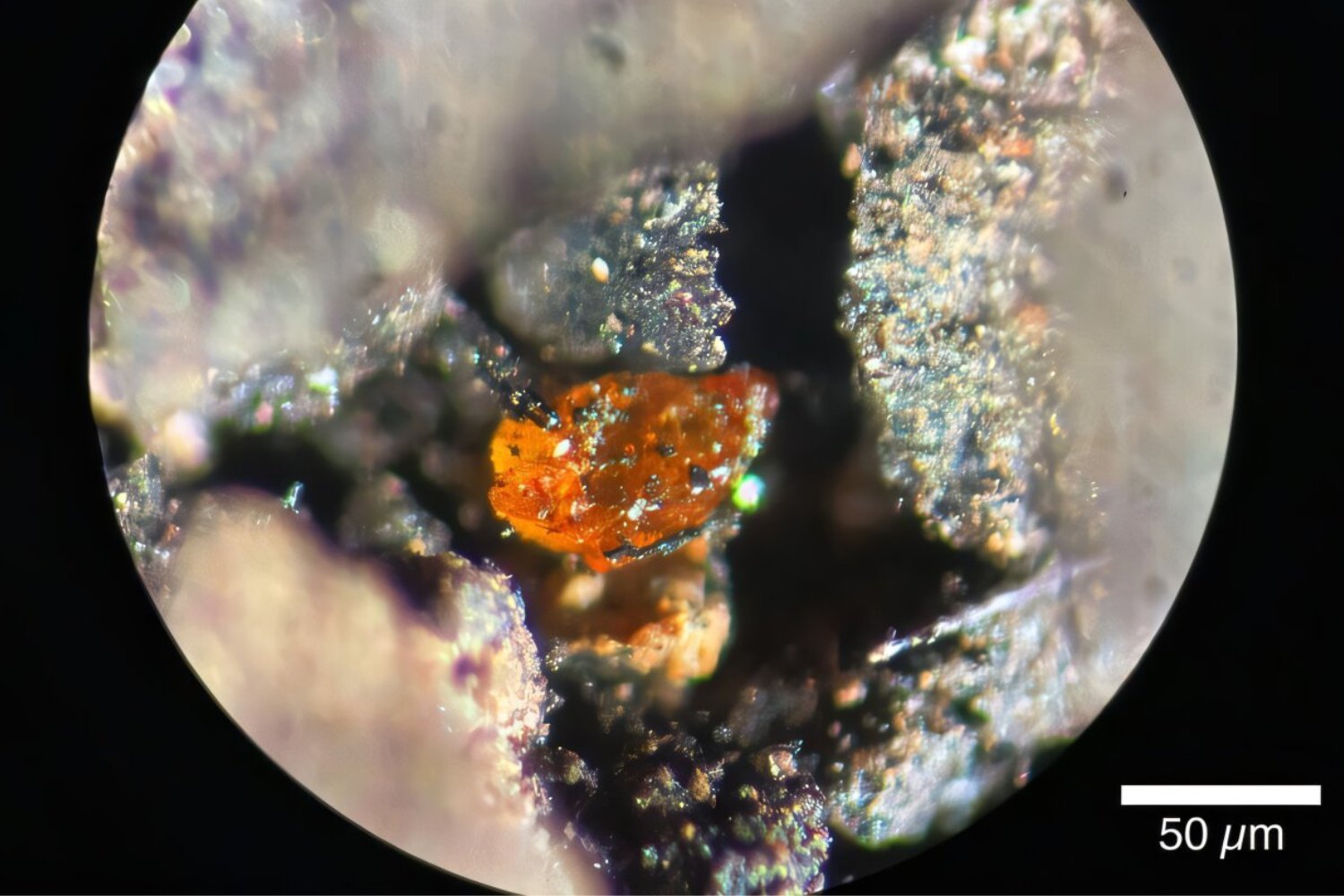
Today, Antarctica is a huge frozen continent, though it was once temperate enough to be covered in swampy forests. Now, a team of scientists has discovered fossilized tree resin—amber—on the continent for the first time.

Some 3.26 billion years ago a giant rock between 50 and 200 times the size of the Chicxulub dino-killer smacked into our planet. The result of this impact may have churned up nutrients that gave a select few early microbes a boost.
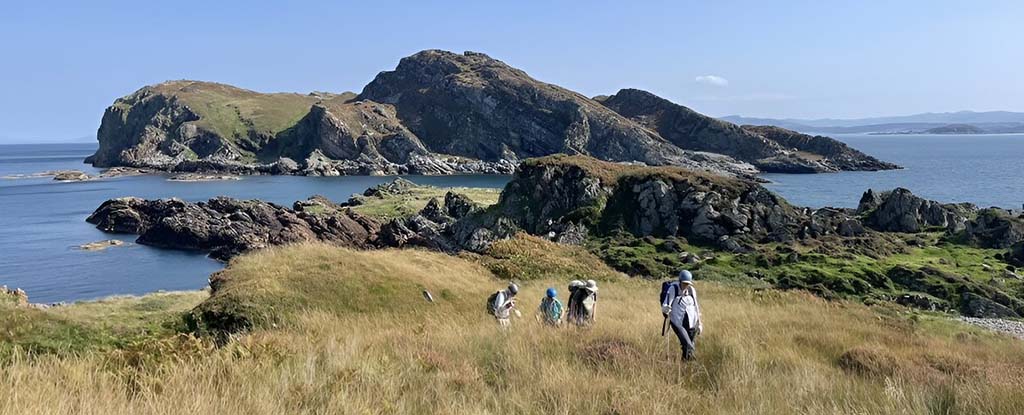
Now, scientists have discovered evidence of Earth's transition from a tropical underwater world, writhing with photosynthetic bacteria, to a frozen wasteland – all preserved within the layers of giant rocks in a chain of Scottish and Irish islands.
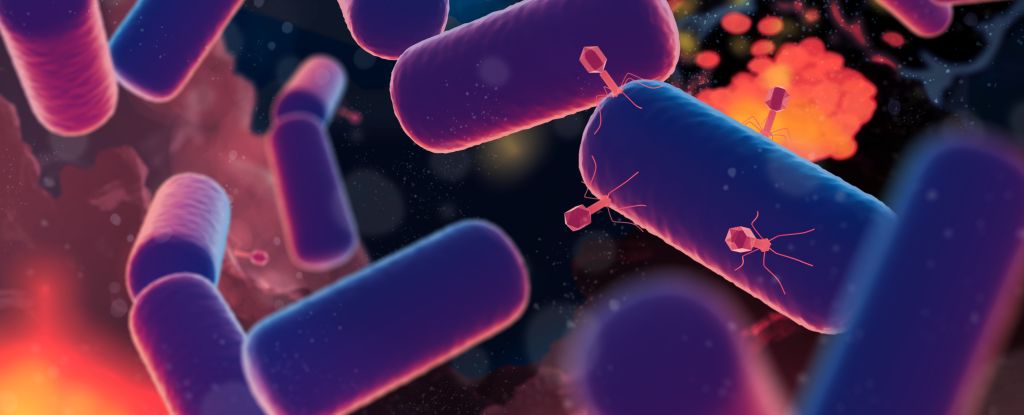
A new study has found that life on Earth emerged surprisingly early. Scientists have determined that the last universal common ancestor (LUCA), the first organism that spawned all the life that exists today on Earth, emerged as early as 4.2 billion years ago.
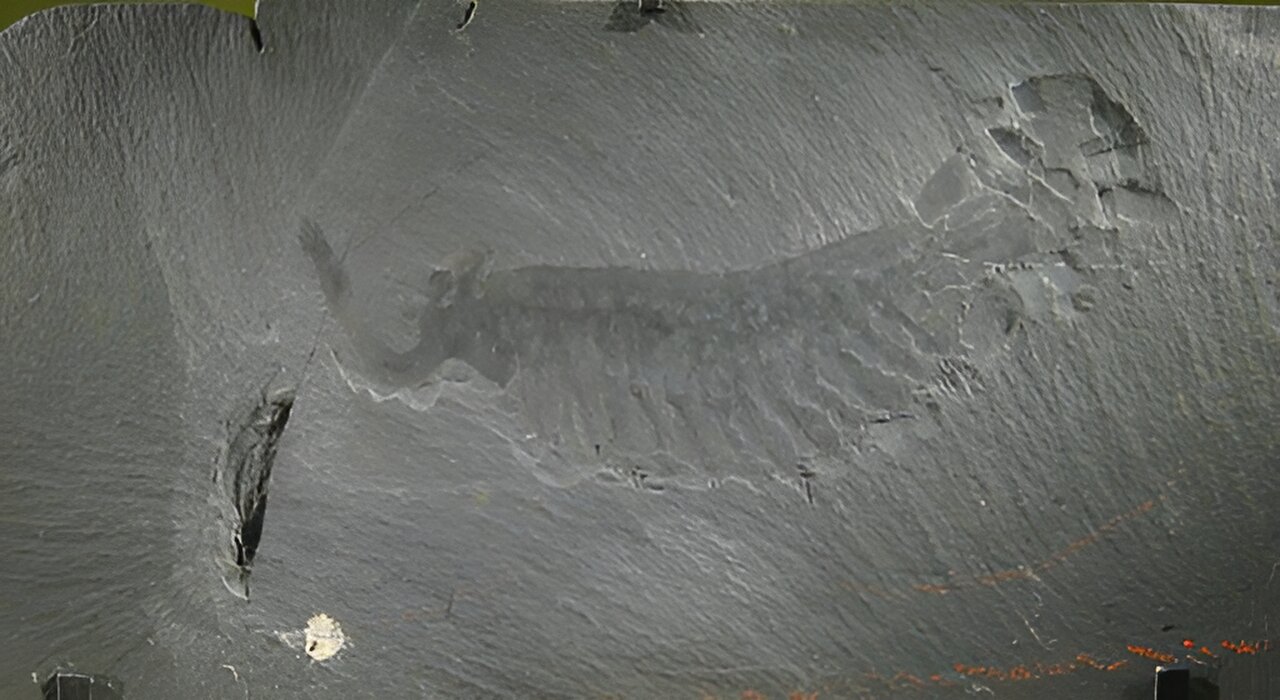
New research provides the clearest evidence yet that the Cambrian explosion - a rapid burst of evolution 540 million years ago, could have been triggered by only a small increase in oxygen levels in Earth's atmosphere and shallow ocean waters.
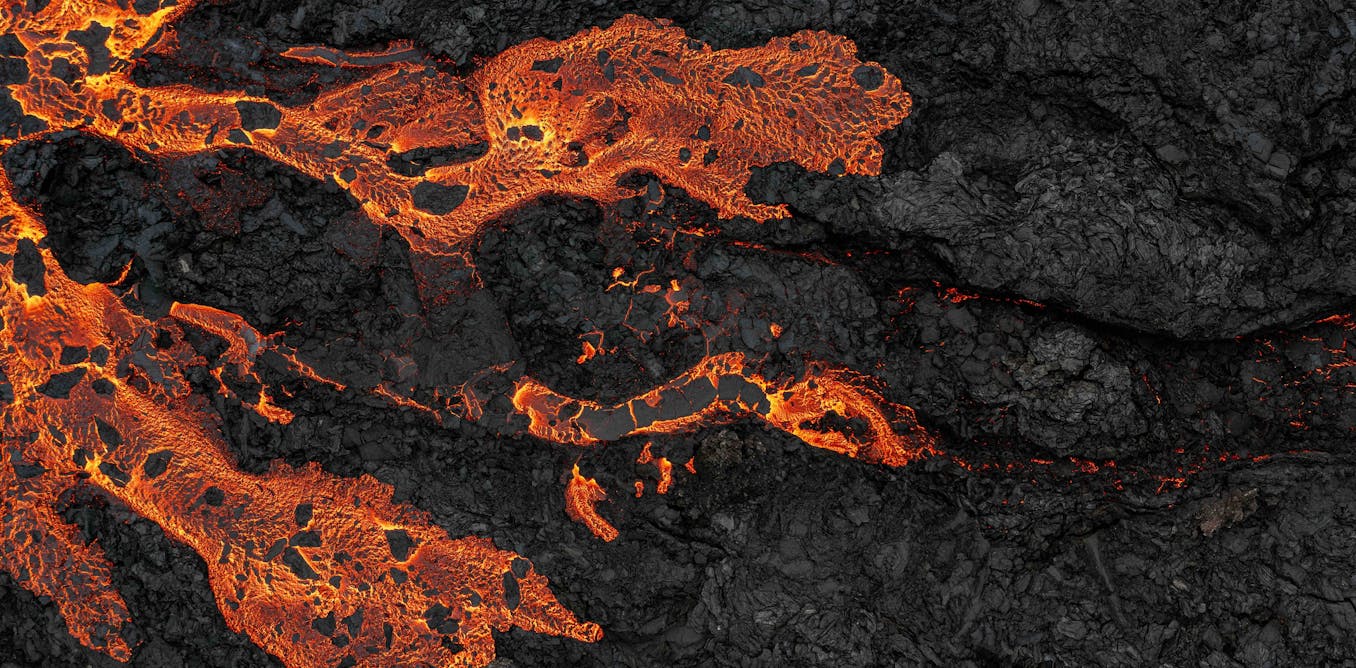
Our planet was born around 4.5 billion years ago. To understand this mind-bendingly long history, we need to study rocks and the minerals they are made of. In a new study, evidence of rocks of a similar age were found in Australia.
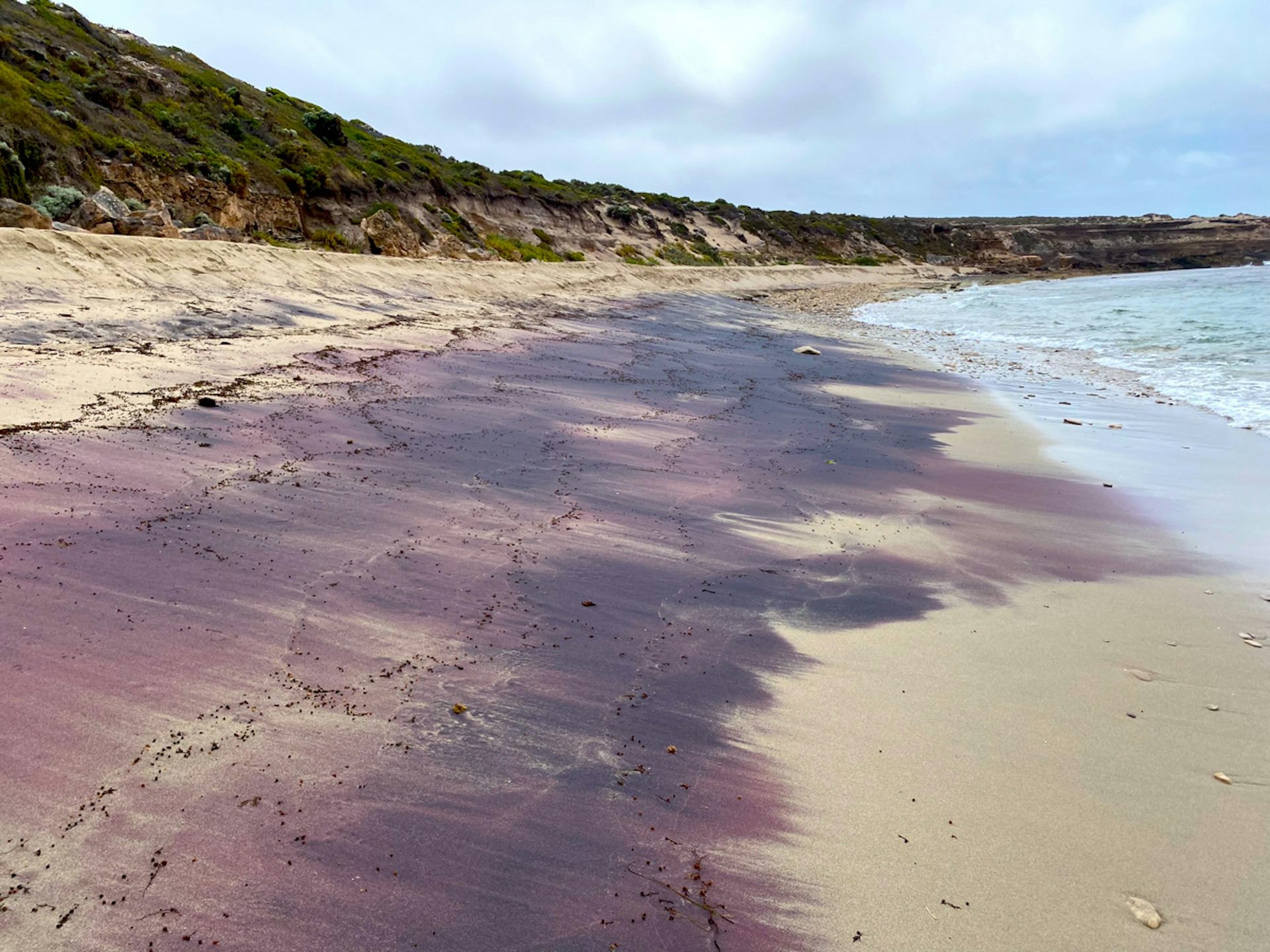
The hunt for the origin of garnet crystals found on South Australian beaches took researchers thousands of kilometres and half a billion years back in time to a hidden Antarctic mountain range.